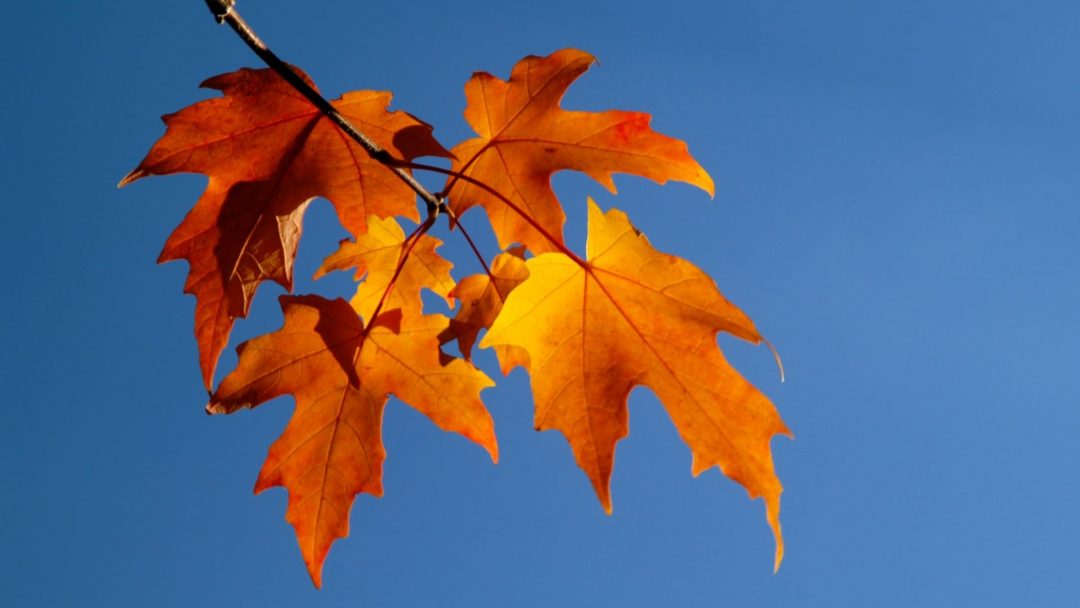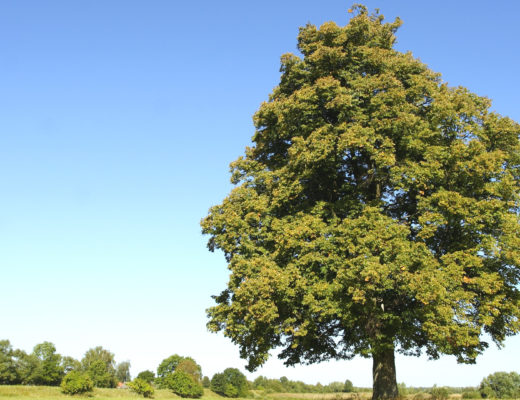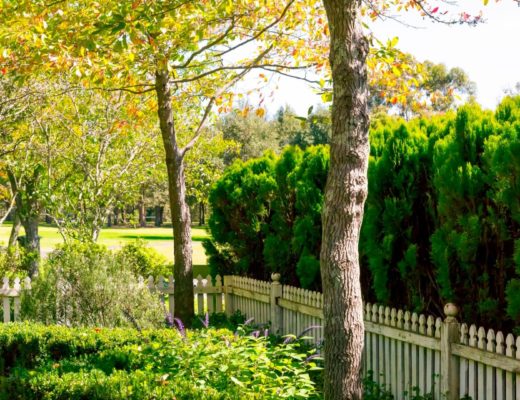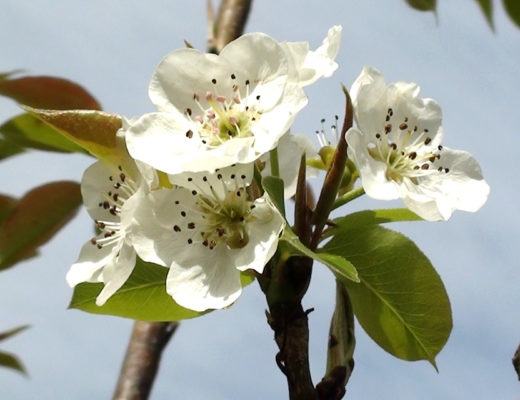(Acer saccharum)
Best known for its syrup, the sugar maple supports one of the largest industries in the United States, producing nearly two million gallons of maple syrup every year valued between $29 and $42 million. This tree is so popular that several states have even claimed it as their state tree, including New York, West Virginia, Wisconsin, and Vermont.
Aside from its reputation of being a major source of syrup, the sugar maple is a source of other things. Historically, the ashes of sugar maple were used for soap-making, and consuming the syrup was said to help in kidney and liver problems. Additionally, the hardwood from this tree made it a top choice in furniture making.
Interested in adding a sugar maple to your yard? Here are a few things to note.
Read: Why It’s Great to Plant Trees in the Fall
Environmental Conditions:
- Sugar maples grow best in acidic, alkaline and well drained soils and are drought tolerant (hardiness zones 3-8).
- Slow to medium growing, growing 1-2 feet a year and reaching 60-75 feet at maturity.
- Does well in full or partial sun exposure.
- Note: Not ideal for planter boxes, confined spaces or compact soil.
Physical Attributes:
- No showy flowers, but displays vibrant fall foliage.
- Produces seed pods that attract wildlife, including chipmunks and squirrels.
- Has a wide canopy, making it an ideal shade tree in the summer.




